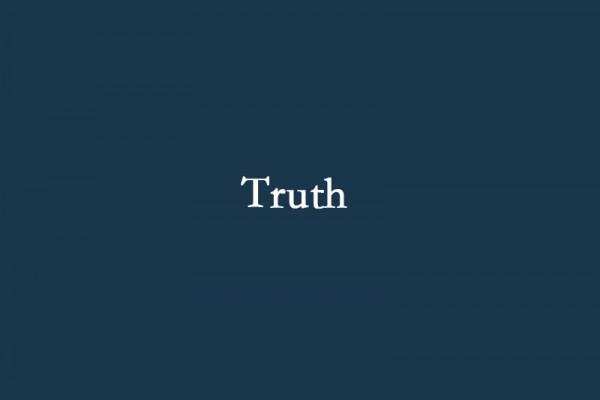Many college application agencies caution against choosing to write your personal essay on the three Ds (Death, Depression and Divorce). While these topics are hackneyed, it’s not actually the topic itself, but the experience within each topic that provides a good story.
For example, if one were to write a story on their missionary experience in a developing country, the most effective essay they could write would not be about the mission or the things they learned there; that other people have less, that it is important to help others, etc. The real gem would be perhaps finding out that their help was futile because it did not fit in with the cultural values of the nation they were visiting.
In other words, a story or anecdote, which indicates you are a good person and learned what you were supposed to learn, is too simple. Admissions officers want to hear more about the unexpected conflict, or journey within the journey, and how you got something out of it you didn’t expect.
There should always be a problem to overcome in any interesting story. Think about your favorite movie or book. Was there a problem that the protagonist overcame throughout their journey? These are the things that keep us reading. We want to see the main character overcome their obstacles in any type of narrative piece.
While it may be difficult to envision yourself as the main character in a book, this may be a helpful tool to gain insight into what others think of you, or what you project onto others.
After proposing the problem, the recovery must come about…how did you reach that conclusion? What reasoning process did you go through to make your decision?
Here’s a little format guide to give you an idea of an acceptable way to plan your best essay:
- Introduction
- Anecdote: Mini-Story: Problem
- Back Story
- Give context to the anecdote, then quickly bring the reader up to speed on the current problem
- Share how the problem made you feel
- Handling the problem
- Explain the steps you took to handle the problem
- Explain how the situation worked out
- Lessons learned about yourself, about others, about the world or life in general
- Link back to the anecdote and bring your reader up to current time in regard to the problem
- Restate the main point you are making
- End with how you will use what you learned in your future
While this is simply a general guide, some essays will have some, but not all of these parts. It can be incredibly difficult to fit all of these into 700 or so words, and some may not apply to every individual’s situation. Therefore, see how you go. Good luck!







Hosting
Your conclusion. It doesn t have to earth-shattering. It doesn t even have to be profound. But it does have to be strong, confident, and, above all, a genuine reflection of how your essay represents you.
Nicole Andersen
Thats right! Conclusions are crucial to tie up the essay with a bow! Excellent description of what a conclusion should be.